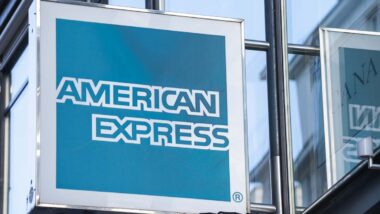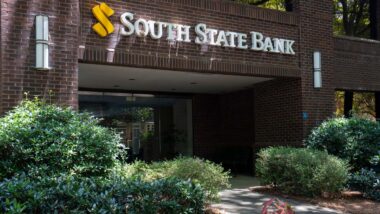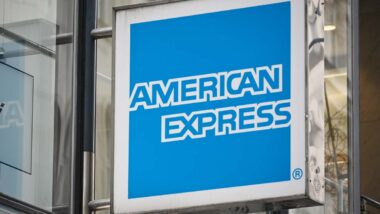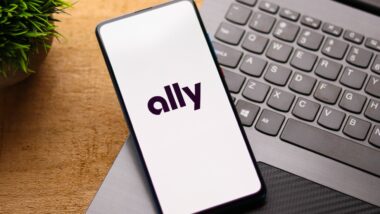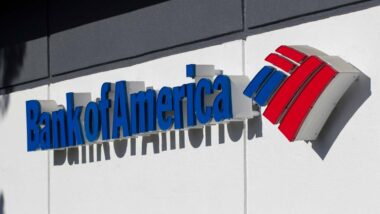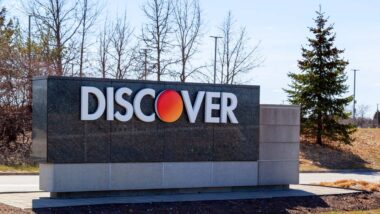Top Class Actions’s website and social media posts use affiliate links. If you make a purchase using such links, we may receive a commission, but it will not result in any additional charges to you. Please review our Affiliate Link Disclosure for more information.

The fake accounts were opened as well as additional services such as bill pay added without the permission of those customers.
The news regarding this scandal revealed that the epidemic of fake accounts was the result of Wells Fargo management setting unrealistic sales goals and incentivizing those goals.
In order to meet those expectations, on a large scale, employees engaged in this unethical behavior. While Wells Fargo paid out a $142 million settlement and other assorted fines, it didn’t stop the OCC from looking to other banks to see if there were industry-wide systematic trends afoot.
According to a June 2018 article in American Banker, the OCC regulates Bank of America, Citibank, JP Morgan Chase, Capital One Bank, U.S. Bank and Wells Fargo. The federal agency actually recently investigated at least 40 midsize to large banks for—among many things—signs of fake accounts.
The OCC Review
An OCC spokesperson, Bryan Hubbard, indicates that there are no plans to release the names of banks where the OCC found questionable practices going on. He did reveal that there was evidence of fake accounts found, but the causes were different from one institution to another or even one case to another.
For instance, there might be a lapse in training employees how to open and close accounts appropriately and completely in one bank leading to a problem with documentation. In another bank, there might be a few cases of employee misconduct.
Where short-term sales promotions were located with inadequate controls implemented, a grouping of fake accounts might be found. Nevertheless, the OCC said that systemic issues of this nature were not identified. When problems were found, according to Hubbard, actions have already been taken by management to correct the situation.
Another spokesperson, Dan Ryan, was very specific about the OCC review and released notices to banks regarding their sales practices. These notices numbered 252, according to the American Banker article, and were appropriately named Matters Requiring Attention’(MRA). To date, the institutions involved have been swift and responsive to these requests, the OCC says.
In terms of industry-wide issues found, only five MRA notices were set out by the OCC at the conclusion of their study. Again according to report, the responsiveness has been more than expected.
Signs of a Fake Account Opening
If you are worried if a Bank of America account has been opened in your name without your permission, look out for unidentified bank or overdraft fees. When an account is opened, it requires a minimum balance and this is often transferred from an existing account. Sometimes, this puts the existing account into a non-sufficient fund state when expected transactions clear.
Patrons of institutions like Bank of America or any larger bank with its own credit card should also be aware. Sometimes credit cards can be opened without authorization. An annual review of your credit score is vital to address this issue.
An unauthorized bank accounts lawsuit investigation is now looking into banking sales practices at the following banks:
- Bank of America
- BOK Financial
- Capital One
- HSBC
- Royal Bank of Canada
- TD Bank
If you are a customer at one of the banks listed above and you were charged for fees from a bank account you did not open, you were issued a credit card you did not request, or you were enrolled in services you did not authorize, you may qualify to join this fake bank account class action lawsuit investigation.
ATTORNEY ADVERTISING
Top Class Actions is a Proud Member of the American Bar Association
LEGAL INFORMATION IS NOT LEGAL ADVICE
Top Class Actions Legal Statement
©2008 – 2024 Top Class Actions® LLC
Various Trademarks held by their respective owners
This website is not intended for viewing or usage by European Union citizens.
Get Help – It’s Free
Join a Free Fake Bank Account Class Action Lawsuit Investigation
If your bank and credit union has engaged in deceptive overdraft fee practices, you may have a legal claim. Fill out the form on this page now to find out if you qualify!
An attorney will contact you if you qualify to discuss the details of your potential case.
PLEASE NOTE: If you want to participate in this investigation, it is imperative that you reply to the law firm if they call or email you. Failing to do so may result in you not getting signed up as a client or getting you dropped as a client.
In order to properly investigate fake bank account claims, you may be required to disclose bank statements to attorneys. Please note that any such information will be kept private and confidential.
Oops! We could not locate your form.



